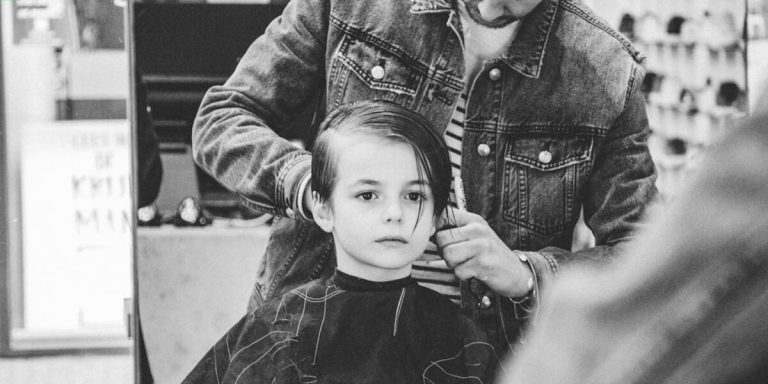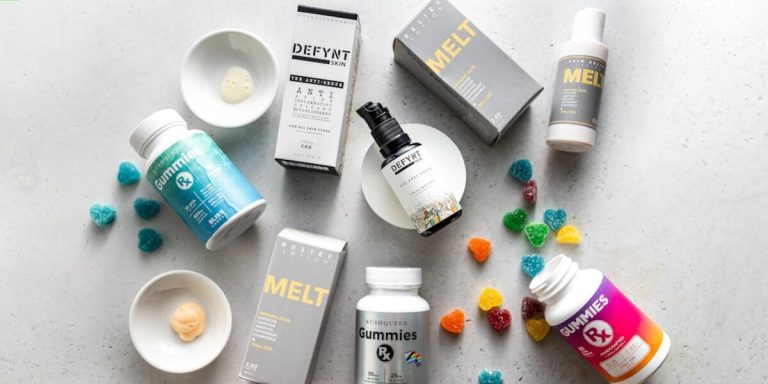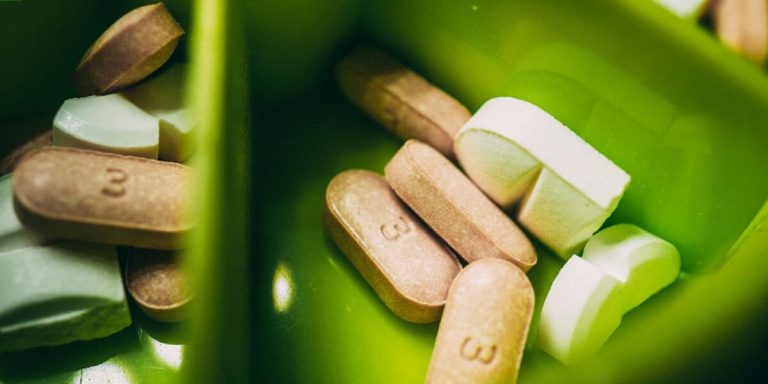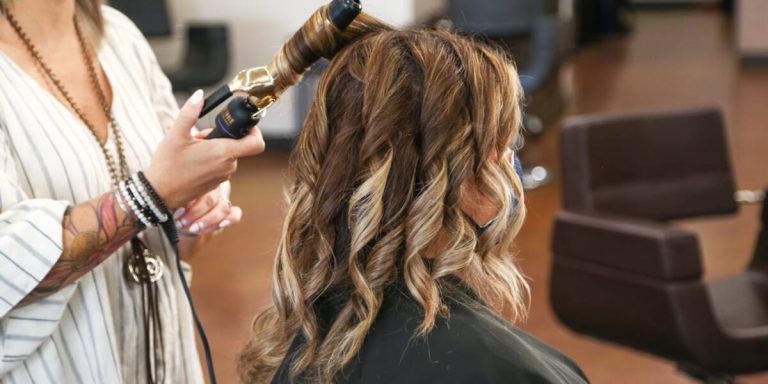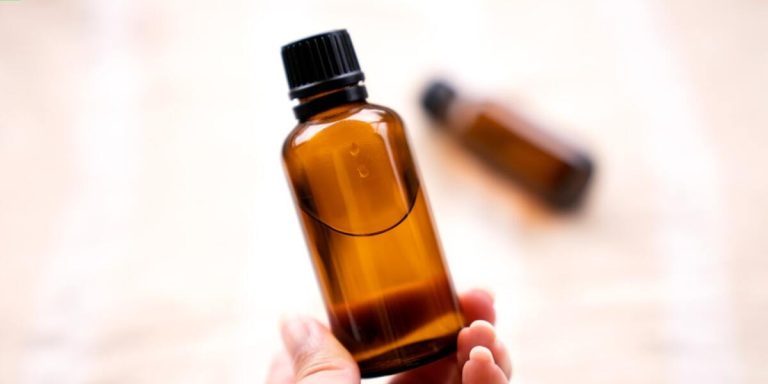Will Taking Prenatal Vitamins Help With Hair Growth: A Comprehensive Analysis
Desperately trying to grow out your luscious locks? You may constantly wonder, “Will taking prenatal vitamins help with hair growth?” It’s understandable because the quest for length and volume makes you curious about every potential solution.
This blog post explores this intriguing query with analytical depth. Prepare for a comprehensive look into the role of prenatal vitamins, widely recognized as ‘hair growth’ heroes by many women worldwide. Keep reading if those bottles lining drugstore shelves have piqued your interest!
Did you know?
Intriguingly, prenatal vitamins are often recommended for hair growth because they’re packed with biotin and folic acid – elements that promote healthier and potentially faster-growing hair.
Understanding Prenatal Vitamins and Hair Growth
Prenatal vitamins are typically prescribed to pregnant women to ensure they receive necessary nutrients for a healthy pregnancy. However, individuals not expecting also use these supplements for benefits like healthier skin and improved hair growth. This trend comes from reports of expectant mothers experiencing lusher and fuller hair during pregnancy.
Prenatal vitamins support hair growth due to their rich content of iron, folic acid, calcium, and biotin—nutrients renowned for fostering healthy hair. People often consider these supplements as ‘hair growth‘ aids beyond pregnancy.
Iron reduces excessive shedding by stimulating cell production and enhancing follicle health. Meanwhile, biotin promotes the production of keratin—an essential protein in our hair.
Hormonal shifts during gestation naturally enhance mane vitality, regardless of prenatal consumption. Additionally, long-term use without medical advice can cause problems such as constipation or nutrient overdose from overconsumption, making self-prescription risky.
The Role of Key Nutrients in Prenatal Vitamins for Hair Health
The human body is a complex system that requires various nutrients in the right proportions to function correctly, and hair growth isn’t an exception. Prenatal vitamins are gaining popularity for their potential benefits on hair health. But what role do these key nutrients play?
Prenatal vitamins have higher levels of certain vital components compared to regular multivitamins—for instance, Folic Acid. This B-vitamin promotes cell regeneration—an essential process for healthy hair follicles leading to increased hair strength and quantity.
Biotin or Vitamin H primarily gets marketed as a potent source beneficial for lustrous locks due to its significance in improving your body’s keratin infrastructure—this protein makes up your nails, skin, and more importantly here: Hair!
Iron plays a crucial role by helping red blood cells deliver oxygen throughout our body, including the scalp muscles. This helps strengthen:
- Scalp muscles
- Hair roots
Consequently, it reduces the chances of premature baldness often caused by weak scalp muscles that cannot support vigorous hair shafts from the root end.
Next turns Calcium—not just bones —your hairs need it alike! When there’s enough calcium present—one significant thing happens—the rate at which hair grows increases!
Zinc rounds out this power-packed nutrient group; it aids with tissue growth while keeping oil glands surrounding follicles work flawlessly – aiding proper hydration thus making every single strand shiny & healthier than ever before besides promoting new development at optimum speed rates.
Evaluating the Effectiveness of Prenatal Supplements on Non-Pregnant Individuals
Prenatal vitamins are often recommended by healthcare professionals for expecting mothers due to their enriched vitamin formulation. However, in recent years these potent capsules have found a new consumer base – non-pregnant individuals looking to boost hair growth.
The primary reason behind this trend lies in the ingredients of prenatal supplements that include vital nutrients such as Folic Acid, Biotin, Iron and Vitamin D; all well-documented contributors towards healthy hair growth.
Folic acid plays a key role in cell regeneration and biotin is crucial for keratin production, an essential protein that makes up each strand of hair. Meanwhile, iron helps red blood cells deliver oxygen throughout your body, including your scalp, to promote continuous renewal and regrowth cycles.
Why not just consume regular multivitamins? Prenatal supplements contain higher concentrations of specific nutrients to meet pregnant women’s elevated nutrient demands. Even in non-pregnant individuals, responsible use of prenatal vitamins can lead to visible benefits.
Yet, it’s important to note that self-prescribing supplements can lead to excessive intake and detrimental effects, including:
- Diarrhea or constipation from excess iron
- Skin rashes from an excessive uptake of certain vitamins
This warns against consuming any supplement without proper medical advice.
Lastly, remember positive results take time depending on various factors like age & gender so patience will be integral along this journey towards boosted mane wellness.
Comparing Standard Hair Growth Supplements with Prenatal Vitamins
People extensively use and market prenatal vitamins for their benefits during pregnancy. However, a trend has emerged where individuals take these supplements to boost hair growth. They are gaining popularity in the beauty sphere as rich sources of essential nutrients that contribute to healthy hair, including:
- Folic acid
- Iron
- Biotin
Standard Hair Growth Supplements on the other hand focus explicitly on enhancing one’s mane health. These contain high concentrations of particular ingredients such as Biotin or Vitamin E which directly correlate with promoting thicker strands and follicle stimulation.
Prenatal Vitamins, while not designed primarily for hair growth, can aid it due to their nutrient-rich composition. In contrast, Standard Hair Growth Supplements specifically target improving your locks’ health through concentrated solutions. To answer the question, “Will taking prenatal vitamins help with hair growth?” – Yes! However, they may not surpass the effectiveness of specialized supplements developed particularly for boosting hair volume and expansion speed.
Breaking Down Ingredient Profiles: What Sets Them Apart?
The first noticeable difference between standard hair growth supplements and prenatal vitamins lies in their ingredient profiles. Both of these supplement types are designed to support healthy hair, but they do it quite differently.
Standard hair growth supplements provide your body with nutrients that enhance hair health and stimulate growth. They typically include:
- Biotin, a B-vitamin essential for keratin formation.
- Vitamin E, which fights oxidative stress in follicles.
- Folic Acid, necessary for cell regeneration for rapid hair growth.
- Amino Acids like L-Cysteine that strengthen strands.
- Zinc, which boosts the performance of oil glands and prevents dry scalp and flaking skin that could clog pores and inhibit new hair development.
Analyzing User Experiences: Anecdotes vs. Scientific Evidence
A common claim circulates in hair growth discussions: prenatal vitamins work wonders for your mane. People rave about their glossy, thick strands after taking these supplements during pregnancy. But does scientific evidence support this popular notion? Let’s explore it.
Users report varied success stories when comparing standard hair growth supplements and prenatal vitamins. One consumer may swear by one product, while another credits her healthy locks entirely to a different supplement, which underscores the subjective nature of personal accounts.
Various products, including prenatal vitamins celebrated as a miraculous solution in some social circles, have had individual successes. However, these anecdotal results lack the controlled conditions or measures necessary for credible research studies. Therefore, they are less reliable compared to empirical data from academic sources or clinical trials.
The science shows that non-pregnant individuals using prenatal vitamins may not see significant benefits for hair health over regular multivitamin users. An excess intake of certain nutrients won’t promote more rapid or healthier hair growth unless a deficiency is initially present.
Prenatal pills certainly pack higher doses than ordinary ones but our bodies observe nutrient absorption limits; meaning surplus amounts are usually excreted without utilization offering no added benefit whatsoever despite popular misconception otherwise.
Implementing a Holistic Approach to Enhancing Hair Vitality
Taking prenatal vitamins for hair growth has become popular in the beauty industry due to their rich content of folic acid, biotin, and iron. Many see these nutrients as a magic solution for lush locks. However, it’s crucial to understand that although they can promote healthier hair conditions, consuming them without knowing your body’s needs might not yield the expected results.
Holistic healthcare has gained popularity recently because it maintains overall health instead of focusing on specific aspects or symptoms. Similarly, enhancing hair vitality through vitamin intake requires a balanced approach. Loading up on just one particular vitamin won’t be very effective.
Addressing Common Dietary Deficiencies That Affect Hair Quality
Many individuals are unaware that the health of their hair is directly tied to what they put into their bodies. One common aspect often overlooked when it comes to improving hair vitality relates to dietary deficiencies which might be impacting the quality and growth rate of your strands.
Vitamins play a crucial role in maintaining general well-being, and certain ones are particularly essential for promoting healthy hair. A lack of these vital elements in your diet can cause sluggish growth and lackluster texture in your tresses.
Iron is a critical nutrient for robust hair. A diet deficient in iron can cause anemia, characterized by weak and brittle hair prone to breakage or severe hair loss. To improve your hair’s health, incorporate food items rich in this mineral:
- Spinach
- Red meat
- Eggs
Noticeable improvements may occur over time.
Lifestyle Adjustments to Maximize the Benefits of Hair Growth Supplements
To optimize the efficacy of hair growth vitamins, maintain a balanced diet. Eat nutrient-rich foods that are packed with essential minerals and proteins to promote healthy follicles and induce thicker, stronger strands.
Hydration plays an underemphasized role in boosting the impact of your prenatal supplements as well. Water facilitates efficient transportation of nutrients around our body – this includes delivering the power-packed ingredients from those pills right through your scalp!
Minimize your exposure to harmful chemicals in common styling products and heating tools. These products often strip natural oils from your scalp, which can lead to dull hair and limit hair growth, even with potent supplements.
Additionally taking steps towards reducing stress levels will contribute immensely towards getting fuller crowning glory out there! Stress hormones have been linked disrupting normal hair cycle causing premature shedding- reversing which no amount pill-popping would help without mental peace!
The final pointer here is regular exercise aid overall body functions improve circulation ensuring optimal absorption thereby improving efficiency supplementation routine aimed at growing lush long tresses!
Conclusion
In conclusion, your quest to confirm “Will taking prenatal vitamins help with hair growth?” likely brought you many opinions and suggestions. However, the clear consensus is that these supplements are indeed powerhouses of vital nutrients necessary for healthy hair. Remember though, a well-balanced diet also plays an unsung yet crucial role in maintaining luscious locks.
Continue delving into the interesting correlation between vitamins and hair growth by exploring other informative pieces on our website. Explore extensive research about various “Hair Growth Vitamins,” their efficacy rates, usage guidelines, and more to make informed decisions regarding your supreme self-care journey!


